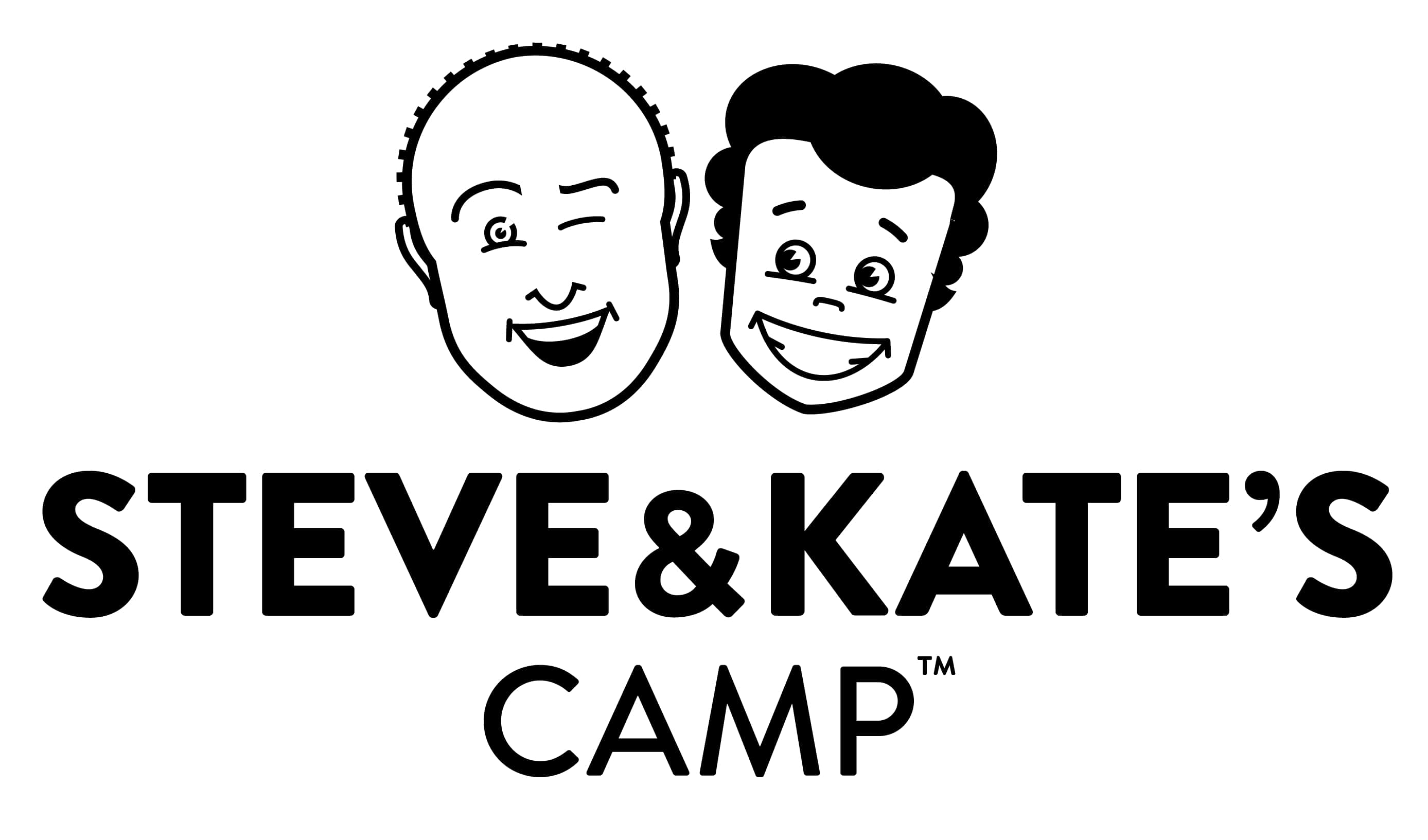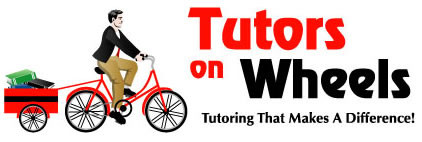
Is Your Teen Ready for a Job?
Your high-schooler may need money, but that doesn’t mean jumping into the workforce is the right move. Here’s how to tell.
Get can’t-miss family activities sent to you!
Get the Best Family Activities
New York state has one of the strictest child labor laws in the country,” says Wendy Gildin, an attorney in Garden City specializing in issues surrounding students. Kids younger than 14 can’t work, period. Fourteen and 15-year-olds can’t work more than 3 hours on a school day, or more than 18 hours in any given week. There are also laws around how late at night minors of different ages can work on school vs. non-school days, with some exceptions for babysitters, Gilden notes.
New York state requires all 14- to 17-year-olds to file working papers in order to be eligible for hire. These are available through your child’s school, most likely in the guidance office. “Your child will have to have had a doctor’s exam in the last year, though a school physical in connection with participation in a sport will qualify,” Gildin adds.
Our very first job is one we all remember, even if it wasn’t the perfect experience. Talk with your teen, not only about what he needs money for and how much, but what the world of work entails and how it can be part of his healthy march toward adulthood. Prepare him well, and his will be a life-long memory, too.
The Inside Track
We caught up with Paul Satriano, veteran guidance counselor at West Babylon High School, where he stands ready to help any of the school’s more than 1,500 students land the right part-time job for them.
What sorts of businesses tend to hire high school students, especially younger ones? Most students find work in retail businesses. Whether that’s a family-owned ice cream shop or a large grocery store chain, these tend to be the most popular jobs high-school students secure.
If a student came to you looking for advice about finding a first job, what might you say? I would ask the student to consider the impact this might have on their school work—and what their parents think of the idea. I know that some students may need to work in order to pay for their phone, car insurance, or spending money, but I want them to be aware of some of the issues that come along with an after-school job, like balancing work and school and simply finding the time in their day to get everything done. I would also speak with them about how to approach potential employers and what they could expect from the interview process.
If it came down to a part-time job or participating in an extracurricular, how does the decision potentially affect a college application? This is a tough question….it depends. Typically, when a student is the member of an organization, say, school band, throughout all four years in high school, it looks terrific on a college application. It really can display a students' dedication to school and speaks to their overall growth. That being said, students are increasingly being pulled in all different directions and are faced with decisions like this more and more. Therefore, colleges often tell me holding a part-time job is just as important as dedicating time to a club or other extracurricular activity. Colleges see value in a student who is learning the importance of work and the responsibility involved with keeping to a work schedule while also learning to balance their academics. So, in the end, it will be an individual decision the student, with the help of their parents, will need to review carefully.









